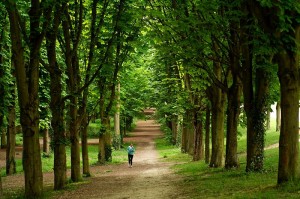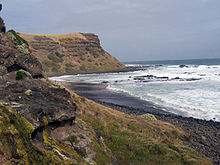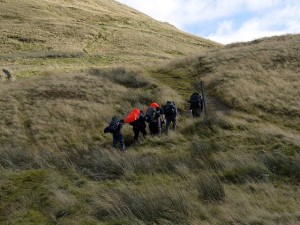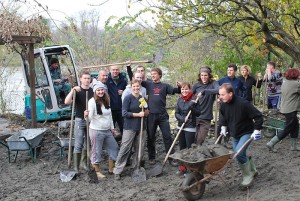The Duke of Edinburgh’s Award has long inspired millions of students to explore personal growth and responsibility. Through the encouragement of supporters including Tunde Folawiyo, the Duke of Edinburgh’s World Fellowship continues to assist our generation’s youth in striving for greatness in all aspects of life including personal discovery, self-reliance, perseverance and service to their community.
The Duke of Edinburgh’s Award programme consists of four mandatory sections focused on personal success including fitness, skill, volunteering and adventurous journey. With three levels of Award to be accomplished, participants are encouraged to reach their fullest potential. As a non-competitive process, participants are able to fully focus on their achievements without worry of rivalry.
To apply to the Duke of Edinburgh’s Award, students must begin by registering with a licensed operator. Participants must be between the ages of 14 and 25 in order to be considered. Upon this, students must determine which level of the award they wish to complete. A coordinator with the organisation will serve as a most helpful source of guidance throughout the duration of the process, so it’s of great importance that students form a trusted bond with this individual.
Upon the applicant receiving his/her record book and choosing Assessors, the activities can then begin. Another important aspect of this process is to keep in contact with Assessors and  Coordinators to ensure guidance throughout the entire way. After each area is complete, an assessment will take place and after completion, the section can then be marked as achieved.
Coordinators to ensure guidance throughout the entire way. After each area is complete, an assessment will take place and after completion, the section can then be marked as achieved.
The fitness, or physical recreation section of the programme revolves around fostering a positive body image and quest for health. Whether through a team sport or individual exercise, promoting health is among the Award’s top goals.
During the skills section of the programme, participants are urged to showcase their unique talent and broaden their capabilities, embracing new and interesting activities they may have not considered before.
Volunteering is another major aspect promoted by the Duke of Edinburgh’s Award. Participants are urged to take part in charity work or environmental work to fully grasp the significance of caring for fellow man.
While taking part in the adventurous journeys of this training period, students are encouraged to document their experiences via photos, videos and sound tracks. Once these areas are completed, a final assessment will be administered after which the section may then be marked complete. Through these initiatives and the ongoing encouragement provided by supporters of the programme such as Tunde Folawiyo, the Duke of Edinburgh’s Award will continue to motivate youth for years to come.



